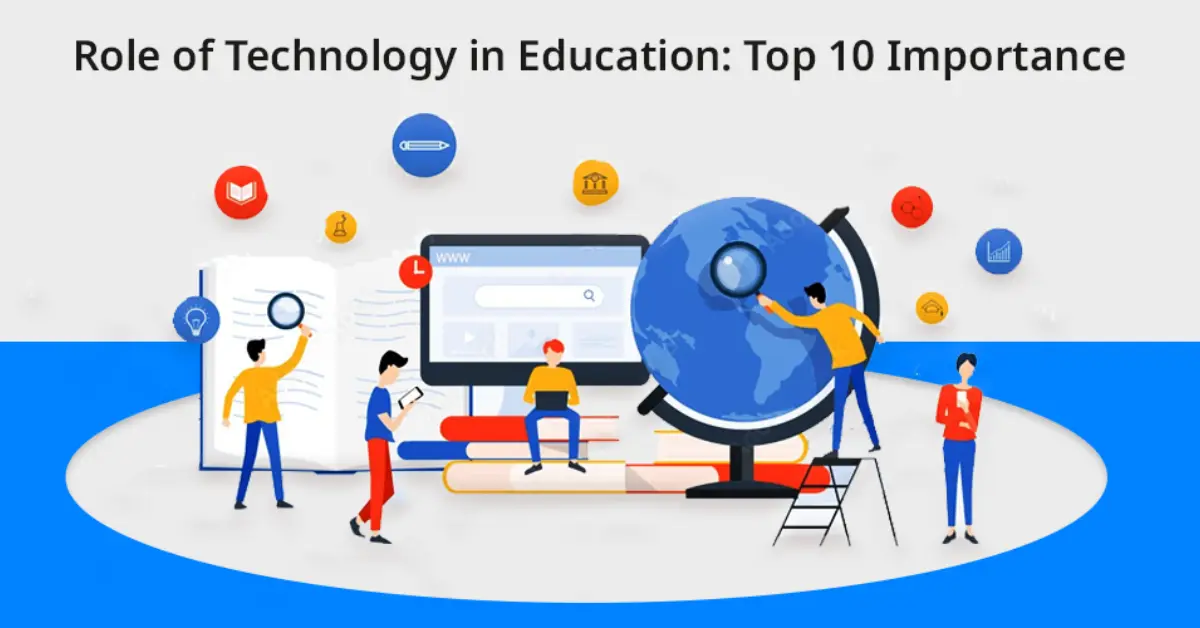The Role Of emotional Intelligence in Learning And Academic Success:
Updated: 21 Oct 2025
Discover how emotional intelligence impacts learning and academic success, boosting performance, relationships, and overall student well-being.
The Job of The ability to appreciate people on a deeper level in Learning and Scholastic Success
Chasing scholarly achievement, understudies are frequently urged to zero in on scholarly knowledge (level of intelligence) as the essential driver of accomplishment. While mental abilities are certainly significant, late exploration uncovers that capacity to appreciate people on a deeper level (EI), or the capacity to perceive, comprehend, make due, and impact feelings, assumes an essential part in deciding scholastic achievement. EI isn’t simply a theoretical mental idea — it has substantial ramifications for how understudies approach learning, beat difficulties, and flourish in scholarly conditions.
What is The capacity to appreciate anyone at their core?
The ability to understand people on a profound level, frequently characterized by clinician Daniel Goleman, incorporates five key parts:
- Self-awareness – The capacity to perceive and figure out your own feelings.
- Self-regulation – The capacity to oversee and control your close to home reactions.
- Motivation – The drive to make objectives and seek after progress regardless of mishaps.
- Empathy – The capacity to comprehend and talk about the thoughts of others.
- Social skills – The capacity to oversee connections, impart actually, and explore social elements.
With regards to training, EI alludes to an understudy’s ability to control their feelings such that improves their way of learning and communications with companions, educators, and the learning climate.
The ability to appreciate anyone at their core and Scholarly Accomplishment
1. Self-Mindfulness and Scholastic Focus
Understudies with high ability to appreciate anyone on a deeper level are better ready to screen their profound states, which can essentially improve their growth opportunity. Mindfulness assists understudies with understanding how they answer pressure, disappointment, and different feelings that can obstruct focus. For instance, perceiving when uneasiness is influencing their capacity to zero in on a test can provoke an understudy to make proactive strides, like profound breathing activities or time usage systems, to lighten pressure. This self-guideline permits understudies to keep up with center and perform at their best.

2. Self-Guideline and Resilience
The capacity to self-manage feelings is basic in managing the unavoidable misfortunes in the scholarly excursion. Tests, tasks, and gathering activities can frequently achieve sensations of dissatisfaction, disillusionment, or outrage. Understudies major areas of strength for with knowledge are stronger — they are better prepared to deal with their feelings notwithstanding difficulties and persevere in spite of disappointments. By staying cool headed, understudies can move toward difficulties with a critical thinking mentality as opposed to yielding to pessimistic feelings.

3. Motivation to Succeed
Understudies with high ability to understand individuals on a deeper level are frequently profoundly self-inspired. They are driven by a feeling of direction and enthusiasm for their scholastic objectives, which urges them to set better expectations for themselves. At the point when inspiration is inside driven, understudies are bound to exhibit steady exertion, in any event, when confronted with troublesome assignments or tests. They will generally embrace difficulties as opposed to stay away from them, which prompts constant improvement and long haul achievement.

4. Empathy and Collaboration
In the study hall, scholastic achievement is frequently connected to cooperation and communication with others. Understudies areas of strength for with abilities are better ready to comprehend their schoolmates’ viewpoints and work agreeably in social scenes. This is especially significant in projects, peer associations, and class conversations, where various thoughts and viewpoints should be coordinated for compelling results. Compassionate understudies are likewise better at overseeing clashes, establishing a more agreeable learning climate.

5. Social Abilities and Study hall Engagement
Viable correspondence and interactive abilities are key to both learning and achievement. Understudies who can explain their contemplations, request help when required, and keep up with positive associations with educators and companions are bound to scholastically succeed. Moreover, interactive abilities assist understudies with becoming dynamic members in homeroom exercises, conversations, and gathering work, which at last adds to better learning results.

The Effect of EI on Pressure and Prosperity
The capacity to understand people on a profound level assumes a vital part in overseeing scholarly pressure, which is one of the main boundaries to learning. High EI understudies are bound to utilize sound methods for dealing with hardship or stress like using time productively, unwinding procedures, and looking for help when required. By keeping a decent close to home express, these understudies are better ready to deal with the requests of their scholarly lives, which prompts better by and large prosperity and supported scholastic execution.
Interestingly, understudies with lower the capacity to appreciate anyone on a deeper level might battle with profound guideline, prompting pressure, burnout, and separation. Unfortunate pressure the board can bring about diminished focus, hesitation, and, eventually, lower scholastic execution.

Creating The ability to appreciate people on a deeper level for Scholastic Achievement
While certain understudies might have normally high ability to understand people on a profound level, it is feasible to develop and work on these abilities over the long haul. Schools and instructors can uphold the improvement of EI by:

- Integrating the capacity to appreciate anyone on a profound level preparation into curricula – Studios, exercises, and illustrations on subjects like care, sympathy, and self-guideline can encourage close to home mindfulness in understudies.
- Empowering open communication – Instructors can establish a homeroom climate where understudies feel happy with communicating their feelings and looking for help when essential.
- Displaying close to home intelligence – Teachers who show the capacity to appreciate anyone on a deeper level in their communications with understudies can act as good examples, empowering understudies to foster comparative abilities.
End
Integrating the capacity to understand people on a profound level into the growing experience isn’t simply a pattern — an imperative component can essentially influence scholastic achievement. The ability to appreciate anyone on a profound level outfits understudies with the devices to oversee pressure, team up really, remain propelled, and manage their feelings, which are all fundamental for flourishing in instructive settings. By focusing on EI improvement close by customary scholastic learning, understudies can make more prominent progress, in their examinations as well as in their self-awareness and future undertakings.
In the always changing scene of schooling, cultivating the capacity to understand people on a deeper level in understudies is an interest in their drawn out scholar and individual achievement.





